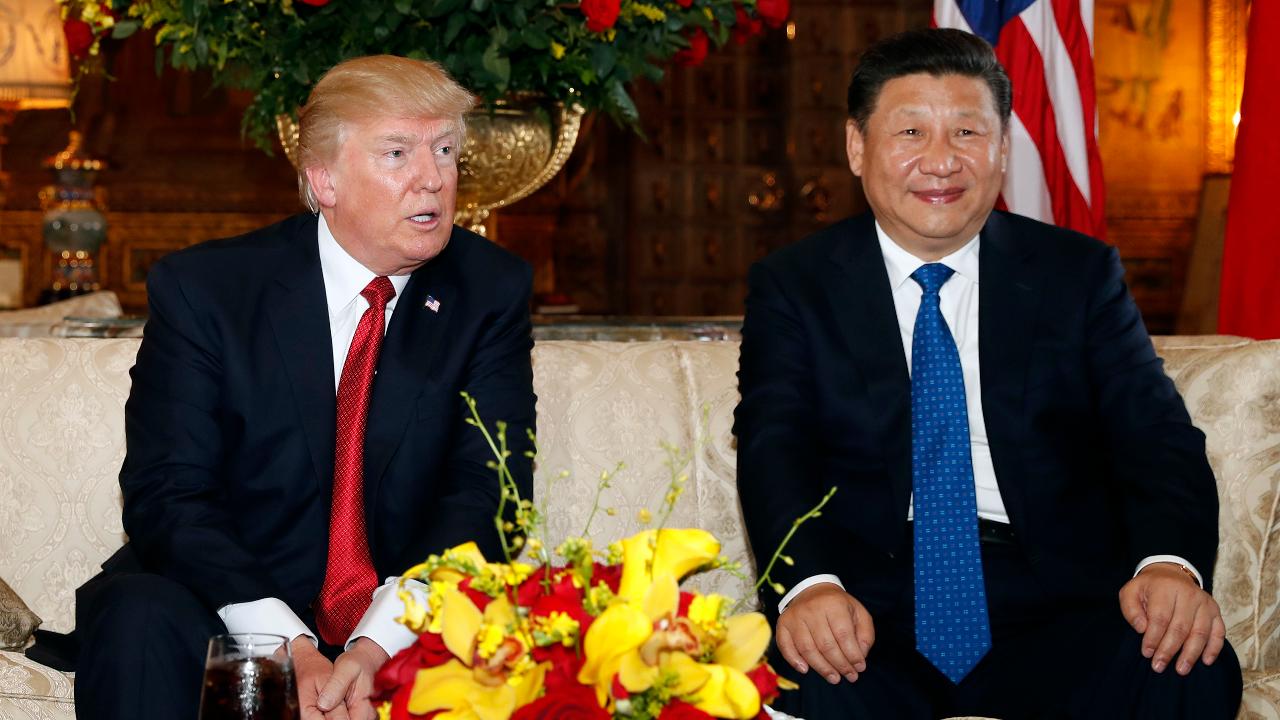Trump to delay tariff increases, stocks jump
Additional tariffs due to be put on Chinese imports at the end of the week on now on hold.
U.S. stocks and global equity indexes in Shanghai and Europe jumped on the news on Monday.
President Trump said Sunday he would delay the increase citing “substantial progress” on issues including intellectual property and technology transfer after a weekend of talks.
In a tweet, Trump wrote that should progress continue, the U.S. would plan a summit with President Xi Jinping of China to “conclude an agreement.”
U.S. tariffs on $200 billion of Chinese goods had been scheduled to rise to 25 percent from 10 percent at 12:01 a.m. Saturday.
In recent talks, Beijing offered to increase purchases of U.S. farm and energy products and services, ease restrictions on U.S. firms in financial services and auto manufacturing and improve protection of U.S. intellectual-property rights, according to the Wall Street Journal.
| Ticker | Security | Last | Change | Change % |
|---|---|---|---|---|
| I:DJI | DOW JONES AVERAGES | 50115.67 | +1,206.95 | +2.47% |
| SP500 | S&P 500 | 6932.3 | +133.90 | +1.97% |
| I:COMP | NASDAQ COMPOSITE INDEX | 23031.213218 | +490.63 | +2.18% |
Trump tweeted the progress involved “intellectual property protection, technology transfer, agriculture, services, currency, and many other issues,” without offering details.
The two sides are working on a text that could top 100 pages, a person tracking the talks said.
An issue still up in the air involves U.S. complaints that Chinese authorities and companies pressure U.S. companies to share technology.
U.S. semiconductor, chemical and auto firms, in particular, complain that Beijing has a variety of ways to obtain U.S. technology, including by joint-venture requirements and by regulatory panels that pass along U.S. technology secrets to Chinese firms.
CLICK HERE TO GET THE FOX BUSINESS APP
During the latest round of trade talks, the Journal reports, Chinese negotiators said Beijing was willing to better police practices on the local level and encourage U.S. businesses operating in China to report coercion to regulators. U.S. negotiators are pushing for much broader changes.
Trump has made cutting a trade deal with China a priority.




















